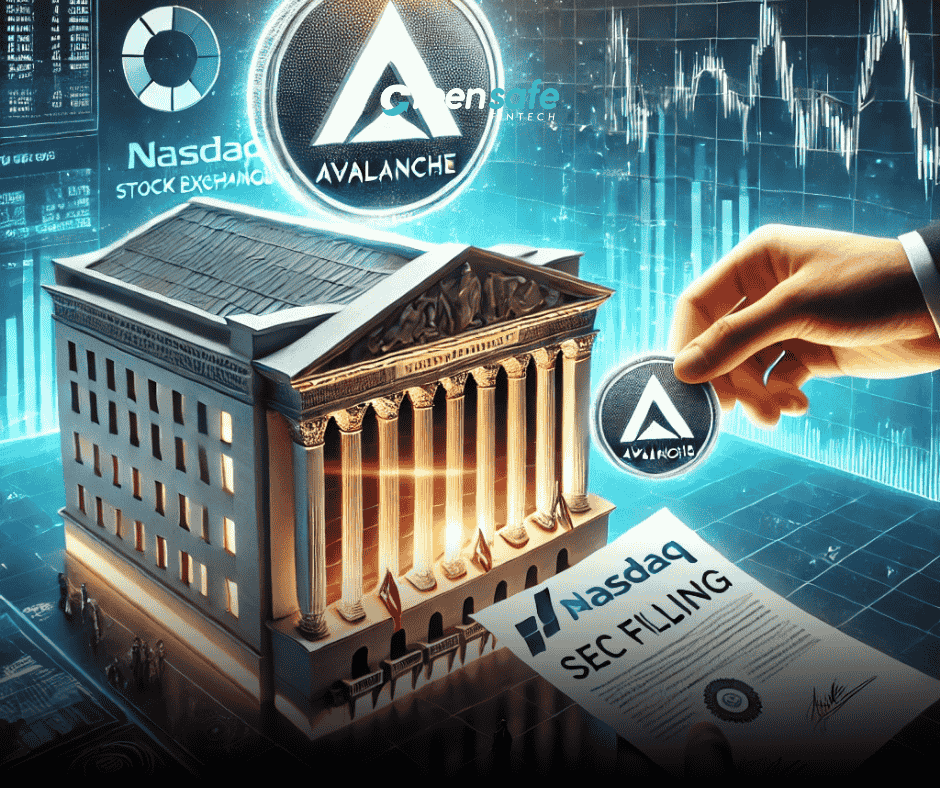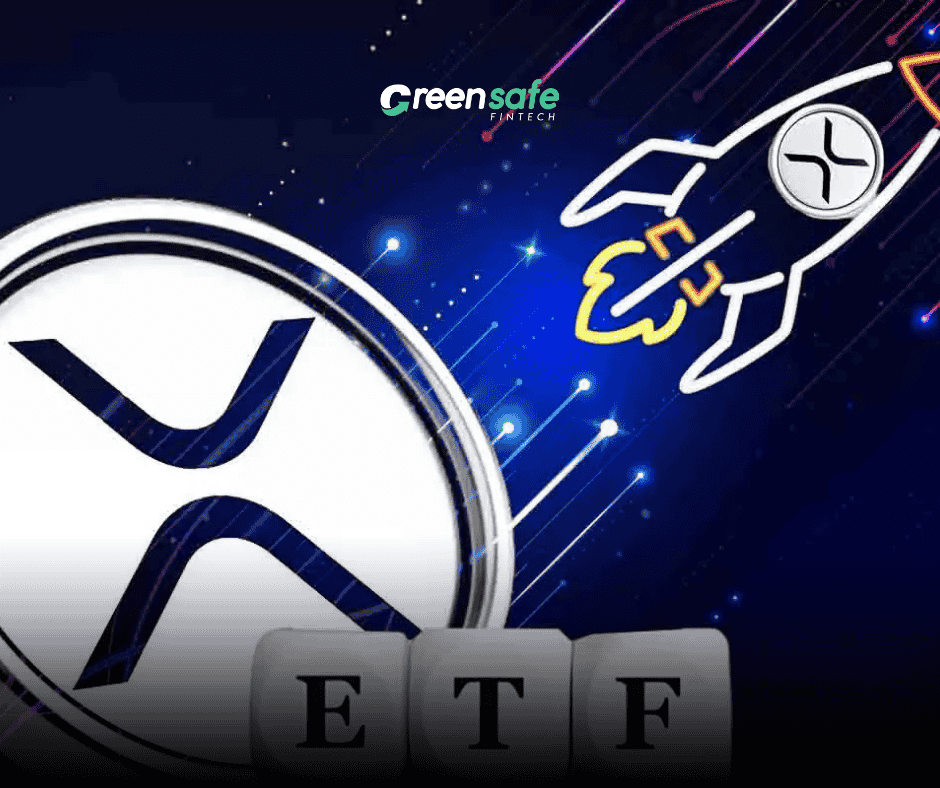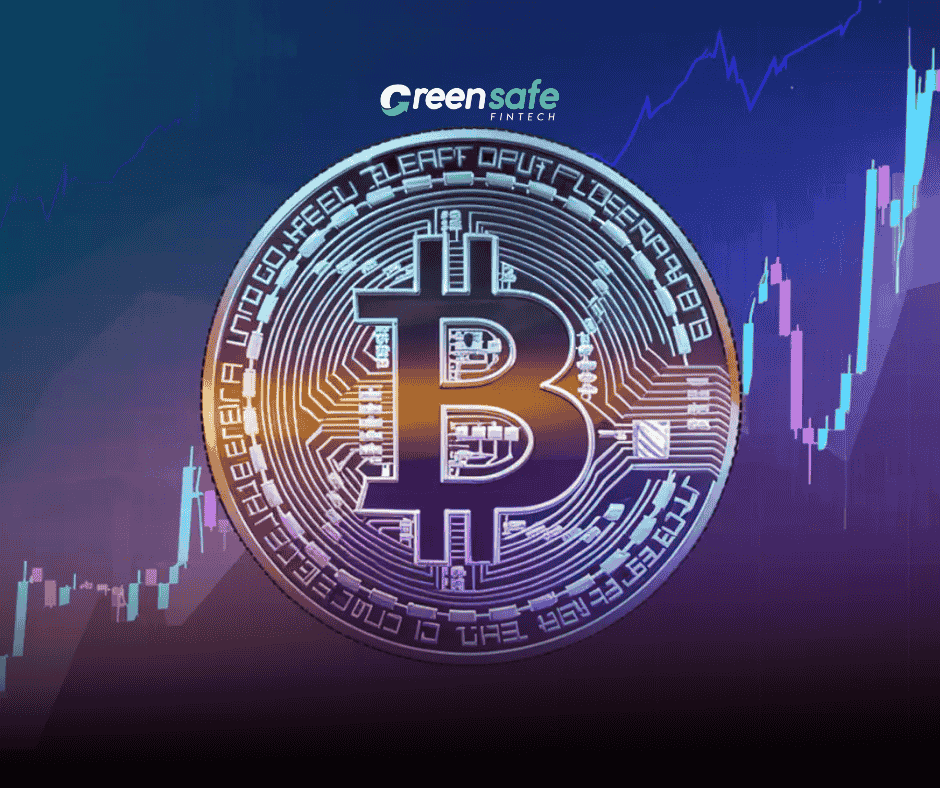In a significant move for crypto-based investment products, the US stock exchange Nasdaq has filed a request with the Securities and Exchange Commission (SEC) to list Grayscale Investments’ spot Avalanche (AVAX) exchange-traded fund (ETF). The filing, dated March 27, seeks approval for a rule change that would allow the listing of the Grayscale Avalanche Trust—currently operating as a close-ended fund.
Originally launched in August 2024, the Avalanche Trust is now seeking conversion into an ETF, a shift Grayscale says would allow the product to “more closely track the value” of AVAX through the arbitrage mechanisms native to ETFs. This mirrors similar strategies the company has deployed with its Bitcoin and Ethereum products in recent months.
At present, the Grayscale Avalanche Trust manages $1.76 million in assets, with each share representing just over 0.49 AVAX. As of the latest data, each share holds a net asset value (NAV) of $10.86, while the underlying asset value sits at $10.11 per share, creating a 7.4% premium—something Grayscale aims to correct with the ETF structure.
Grayscale’s filing with Nasdaq follows its continued push to expand and refine its crypto ETF lineup. The firm currently offers 28 products, 25 of which are single-asset derivatives and three that are diversified crypto baskets. Aside from AVAX, Grayscale has submitted filings for a spot XRP ETF, a Cardano ETF, and a Litecoin Trust ETF conversion—signaling growing ambitions in the altcoin ETF space.
Notably, the firm has already succeeded in converting both its Bitcoin and Ethereum Trusts into spot ETFs. However, these products have encountered challenges, including significant outflows and competition from lower-cost rivals. The Grayscale Bitcoin Trust (GBTC), for example, has seen over $21 billion withdrawn since its January 2024 ETF conversion, marking the largest outflow among US-based Bitcoin ETFs.
Grayscale has responded by launching more affordable options such as the Grayscale Bitcoin Mini Trust (BTC) and Grayscale Ether Mini Trust (ETH), both of which come with substantially lower fees. The BTC Mini Trust charges 0.15% annually, compared to 1.5% for the original GBTC product. The Ethereum lineup shows a similar dynamic, with the Mini Trust offering more favorable fee structures than its predecessor.
This strategy of offering multiple tiers of ETF products appears to be Grayscale’s attempt to stay competitive in an increasingly saturated market of crypto-based ETFs. If approved, the Grayscale Avalanche ETF would add another major altcoin to its roster, reinforcing Grayscale’s commitment to building a broad, accessible range of digital asset investment vehicles.
As the SEC continues to weigh these filings, the outcome of the Avalanche ETF application could serve as a key signal for the future of spot crypto ETFs beyond Bitcoin and Ethereum.











